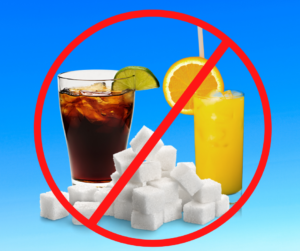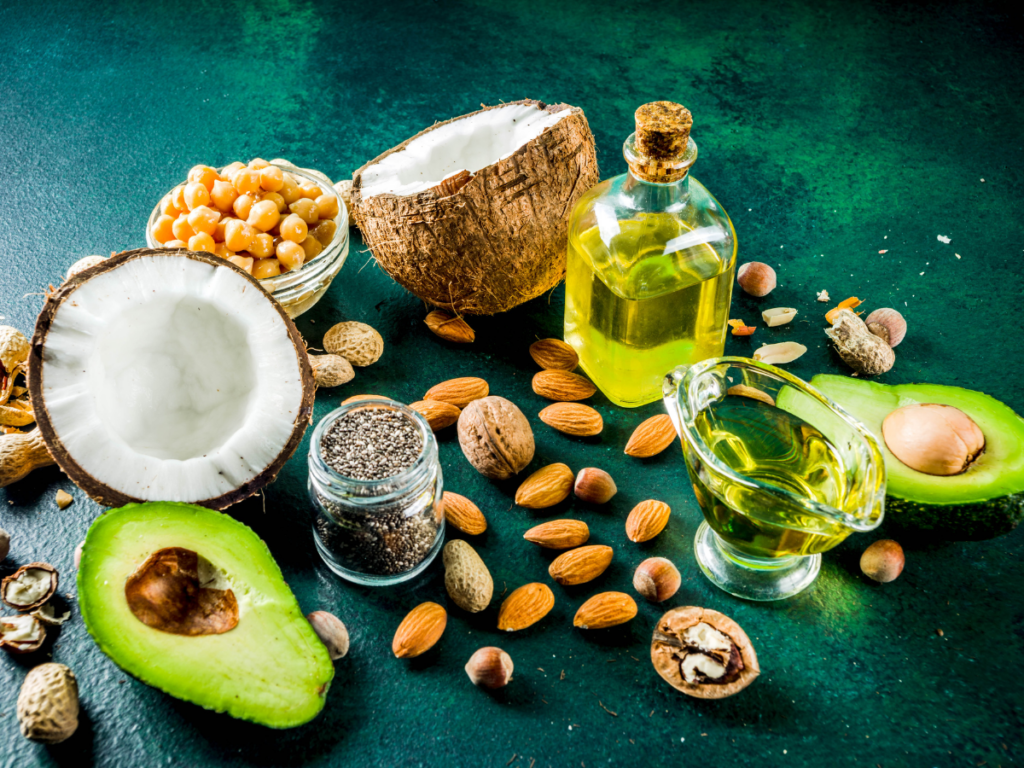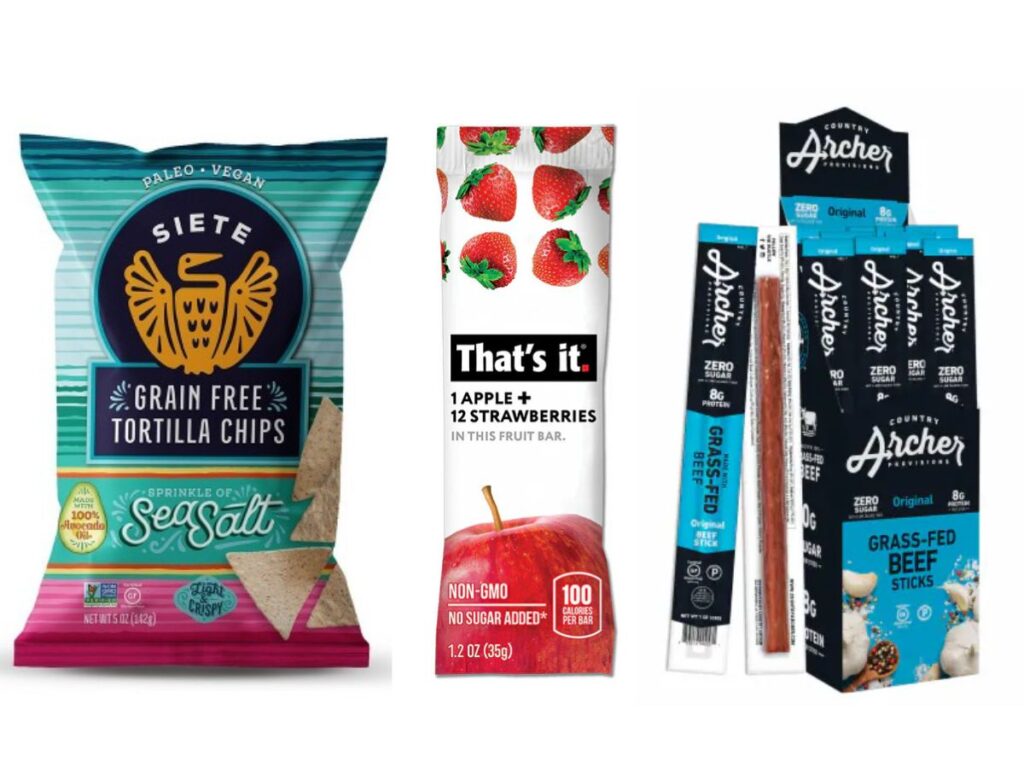It’s difficult to find someone who doesn’t love sweets, especially kids. Brownies, candy, and desserts are hard to pass up – for both kids and adults. Even though they taste good at the time, excess sugar can result in significant health issues down the road. Most notably, poor focus and energy drops are a sign that brain function is adversely affected. And, conditions such as insulin resistance and Alzheimer’s disease are becoming more common. But each of these are entirely preventable when we stay away from refined sugars and high carbohydrate foods. It takes a new strategy of eating high protein and healthy fat foods to maintain our ideal brain health.
One of the leading educators discussing the risks of elevated blood sugar is Dr. David Perlmutter, author of the best-selling book Grain Brain. He describes refined sugar and carbs as “your brain’s silent killers” and the research backs him up. When blood sugar levels get too high as a result of an influx of glucose (sugar), parts of the brain become damaged and can actually die. And you won’t even notice it! Other than feeling a bit foggy or having a ‘sugar hangover,’ the impact is silent. Until it isn’t.

Effects of Sugar on the Brain
Most people notice the effect of sugar on their children through increased energy. While a brief burst of energy from sugar might seem harmless, it can have long-lasting negative effects on your child’s overall well-being.
Our brain uses about 20% of our energy and primarily relies on carbohydrates for fuel. While our body can adapt to using ketones when carbohydrate intake is low, consuming carbohydrates in moderation is generally fine. The issue arises with regular, excessive sugar consumption. High-sugar foods are linked to the brain’s reward system. As we frequently eat sugar and release the feel-good neurotransmitter dopamine, our reward system becomes overstimulated. Over time, this leads to desensitization of dopamine receptors, requiring more dopamine to achieve the same level of satisfaction. Studies have shown a diet high in sugar can lead to:
- Impaired learning and memory function
- Mood swings, irritability
- Anxiety, depression
- Negatively impacted brain-derived neurotrophic factor- vital for learning and memory
- Addictive-like behaviors
Signs of Poor Blood Sugar Balance
When your child consumes a sugary food like candy or ice cream, it’s normal for their blood sugar levels to spike. Typically, these levels should stabilize soon afterward. However, if their blood sugar remains high for an extended period or stays elevated regardless of what they eat, this could be a cause for concern. It may indicate an issue with the body’s ability to produce or use insulin effectively. Some signs your child may have issues with blood sugar control include:
- Frequent urination
- Increased thirst
- Abnormal weight loss
- Fatigue
- Irritability
- Moodiness
- Vision problems
- Yeast infections
These are all signs you may need to reduce the amount of sugar and starch in their diet.

Diet Recommendations
The best thing you can do is start with their diet. Rather than concentrating on what they should avoid, emphasize incorporating foods rich in protein, healthy fats, and fiber. These foods help maintain steady blood sugar levels and promote a feeling of fullness, which can reduce cravings for sweets. With time and consistency, this balanced diet will help their body and brain work harmoniously, leading to noticeable positive changes.
Foods to reduce to improve blood sugar regulation are:
- Added sugars, especially HFCS: sugar-sweetened beverages, candy, cookies, cake, ice cream, etc.
- White flour-based foods: bread, pasta, pancakes, waffles, biscuits, cereal, pastries, etc.
- Highly processed foods: fried foods, fast food, chips, snack items, etc.
Foods to focus on for optimal blood sugar control:
- Quality protein: organic meats, grass-fed beef, pasture-raised eggs, wild-caught seafood
- Healthy fats: avocado, coconut, olive oil, nuts, seeds
- Variety of vegetables
- Fresh fruit: always pair with a protein or fat to reduce blood sugar spike
- High-fiber foods: avocado, nuts, chia seeds, flaxseed, beans, peas, lentils, sweet potato
- Homemade low-sugar treats and snacks: such as chocolate almond brownies, coconut strawberry popsicles, or blueberry yogurt clusters
Healthy Alternatives

Some of our favorite kid-friendly healthy alternatives include:
- Primal Kitchen unsweetened ketchup and condiments
- That’s it bars: dried fruit bars with no other ingredients
- Jackson’s avocado oil sweet potato chips: parents will also love these!
- Siete tortilla chips: available at Costco
- Skout kid’s snack bars
- Bare apple chips: available at Costco
- Lesser Evil popcorn: recently found to have non-detectable levels of glyphosate!
- Archer mini beef or turkey sticks: available at Costco
- Solely organic fruit gummies
If you need guidance along the way, we’re here to help! Our goal is to ensure you and your family are healthy and equipped with the tools to maintain a healthy lifestyle.
Like this article??
Check out a few more of our related articles…


